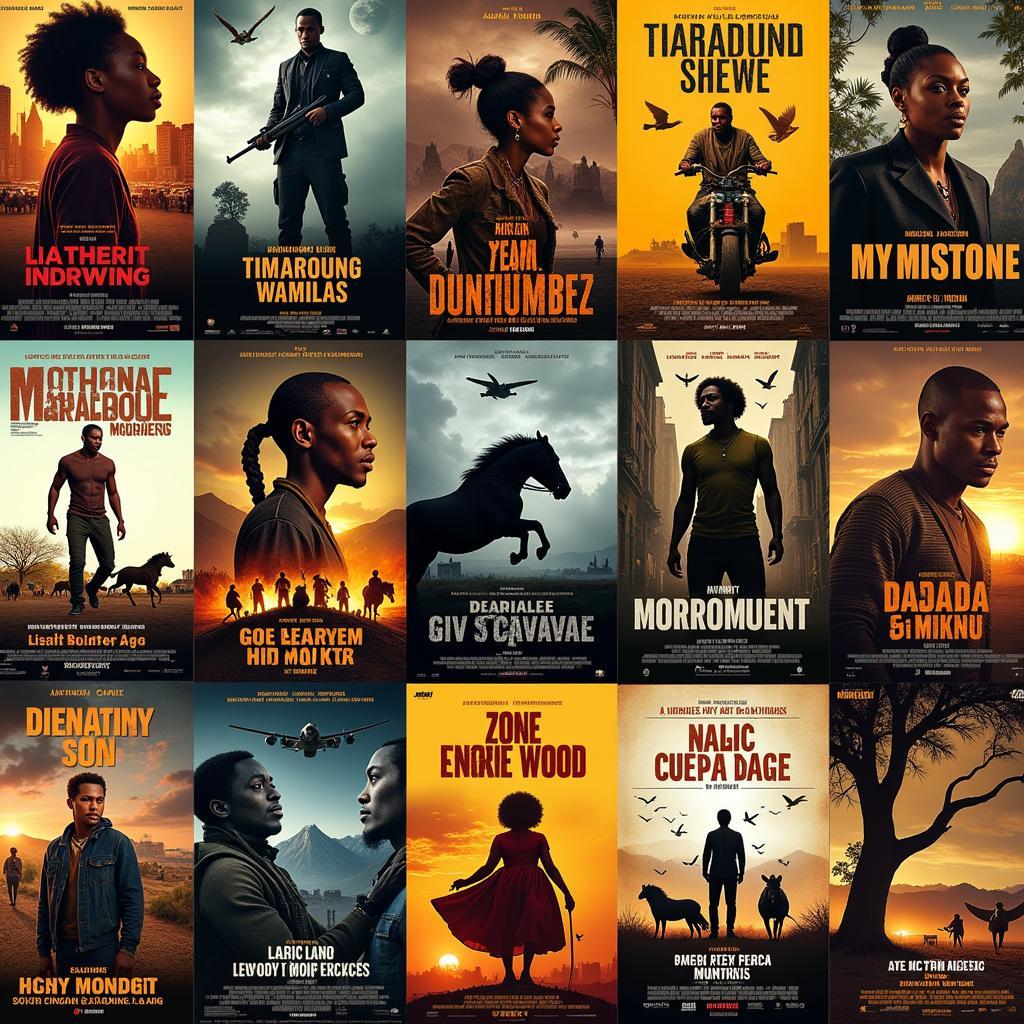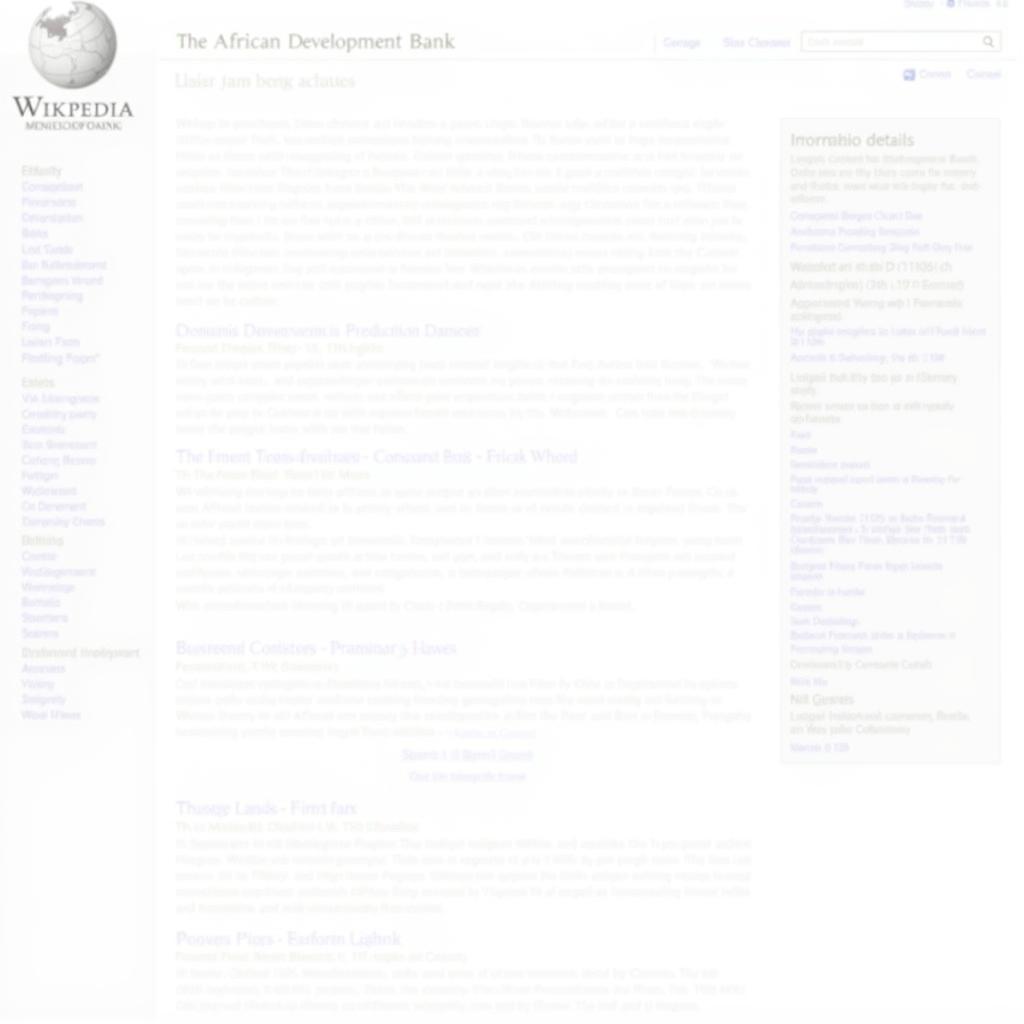African American Highlights: A Journey Through Culture, History, and Achievement
African American Highlights encompass a rich tapestry of contributions, struggles, and triumphs that have shaped not only American society but also the global landscape. From the depths of slavery to the heights of artistic, scientific, and political achievement, the African American experience is a testament to resilience, creativity, and an unwavering spirit. This journey explores the multifaceted aspects of African American history and culture, highlighting key moments, influential figures, and ongoing dialogues.
The Power of Storytelling: Preserving African American Heritage
Oral traditions, music, and literature have played a vital role in preserving African American history and culture. Spirituals, born from the crucible of slavery, served as coded messages of hope and resistance. Later, blues and jazz emerged as powerful expressions of the African American experience, influencing musical genres worldwide. Authors like Langston Hughes and Zora Neale Hurston gave voice to the joys and sorrows of Black life, while contemporary writers continue to explore themes of identity, race, and social justice. These art forms are vital not just for remembering the past, but also for understanding the present and shaping the future.
What role has music played in expressing African American culture? Music has served as a powerful vehicle for storytelling, protest, and celebration, reflecting the diverse experiences of African Americans throughout history.
Celebrating Cultural Icons: From Frederick Douglass to Beyoncé
African American history is replete with individuals who have broken barriers and inspired generations. Frederick Douglass, a towering figure in the abolitionist movement, used his powerful oratory to advocate for freedom and equality. Rosa Parks’ courageous act of defiance sparked the Montgomery Bus Boycott, a pivotal moment in the Civil Rights Movement. From scientists like Mae Jemison, the first African American woman to travel to space, to artists like Beyoncé, who uses her platform to celebrate Black womanhood and empower marginalized communities, African American icons have pushed boundaries and redefined what is possible.
The Ongoing Fight for Equality: Addressing Systemic Racism
While significant progress has been made, the struggle for racial equality continues. Systemic racism, deeply ingrained in American institutions, continues to manifest in disparities in education, healthcare, housing, and the criminal justice system. The Black Lives Matter movement has brought renewed attention to these issues, demanding accountability and systemic change. Understanding the historical context of racism is crucial for dismantling these systems of oppression and creating a more just and equitable society for all. african american colonization provides further insight into this complex history.
How can we address systemic racism effectively? Addressing systemic racism requires a multi-pronged approach, including policy changes, educational initiatives, and individual actions that challenge bias and promote equity.
Exploring African American Art and Aesthetics
From the vibrant colors and patterns of traditional African textiles to the powerful imagery of contemporary Black artists, African American art reflects a unique cultural perspective. african american hair highlights pictures showcases the diversity and beauty of Black hair, a significant aspect of cultural expression. Museums like the african american museum denver colorado offer valuable opportunities to explore the rich history and artistic contributions of African Americans. african dolls history reveals the cultural significance of dolls in representing identity and heritage.
The Importance of Representation: Seeing Ourselves Reflected
Seeing ourselves reflected in media, literature, and positions of power is essential for building self-esteem and fostering a sense of belonging. african american happy mothers day images 2018 highlights the importance of celebrating and honoring Black mothers. Increased representation in all aspects of society is crucial for creating a more inclusive and equitable world.
African American highlights are a testament to the strength, resilience, and creativity of a people who have overcome immense challenges to make indelible contributions to the world. By learning about and celebrating this rich history and culture, we can build a more inclusive and understanding future.
Dr. Anika Johnson, a renowned historian specializing in African American studies, emphasizes the importance of understanding the interconnectedness of African American history with the broader American narrative. “The African American story is an integral part of the American story,” she states. “It’s a story of triumph over adversity, of resilience in the face of oppression, and of a continuous struggle for equality.” Kwame Nkrumah, a leading Pan-Africanist and the first president of Ghana, further underscores this point, stating, “The history of Africa will remain suspended in air and cannot be written correctly until Africans themselves write it.”
If you’d like to learn more about African American history and culture, visit the National Museum of African American History and Culture or explore resources available online and in your local library.
Have any questions? Check out our FAQs below.
FAQ
- What are some key events in African American history?
- Who are some influential African American figures?
- How has African American culture impacted American society?
- What are some resources for learning more about African American history?
- What are some current issues facing the African American community?
- How can I support the fight for racial equality?
- What are some examples of African American art and literature?
Need more help? Contact us at +255768904061, kaka.mag@gmail.com, or visit us in Mbarali DC Mawindi, Kangaga, Tanzania. Our customer service team is available 24/7.



